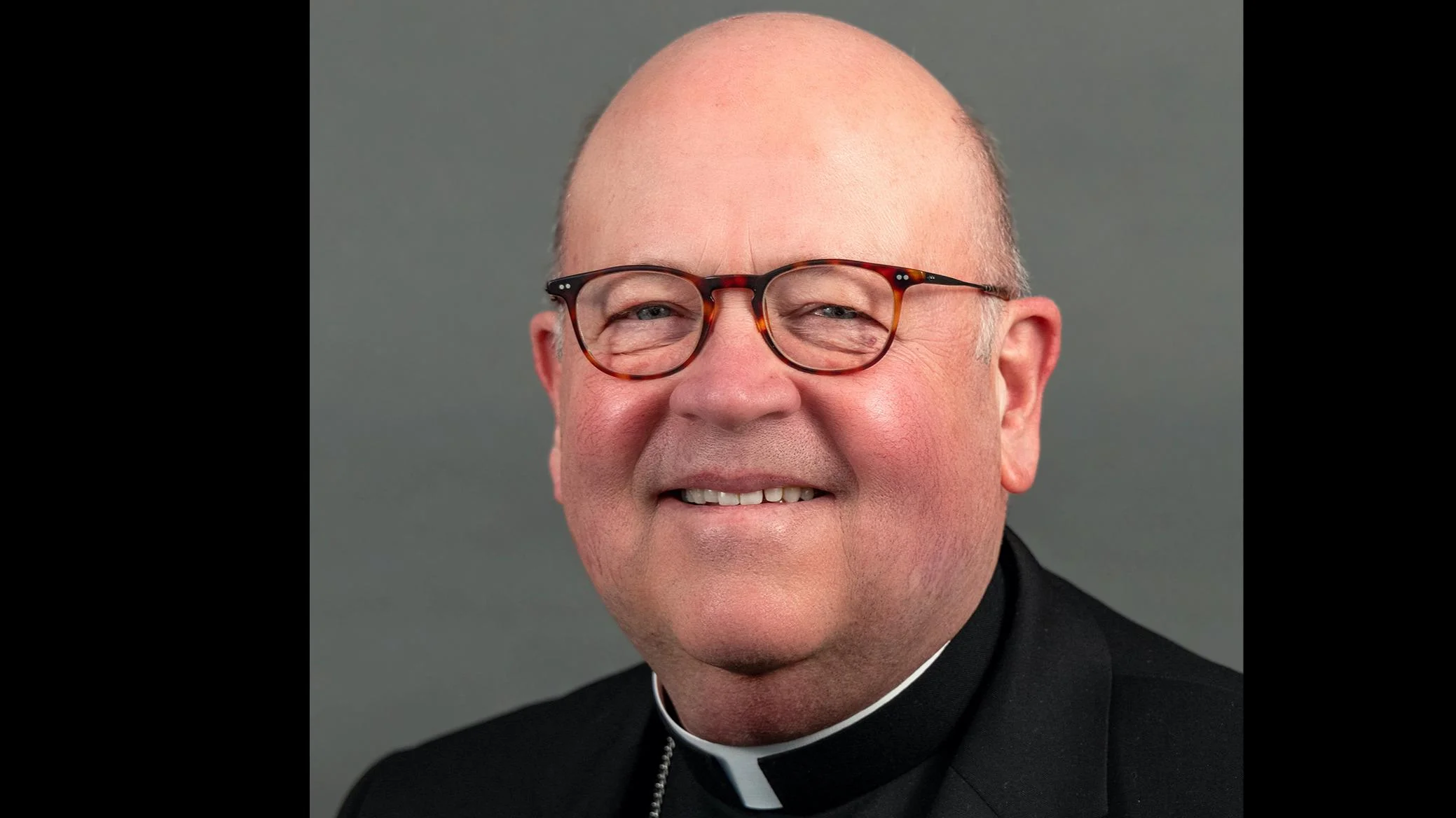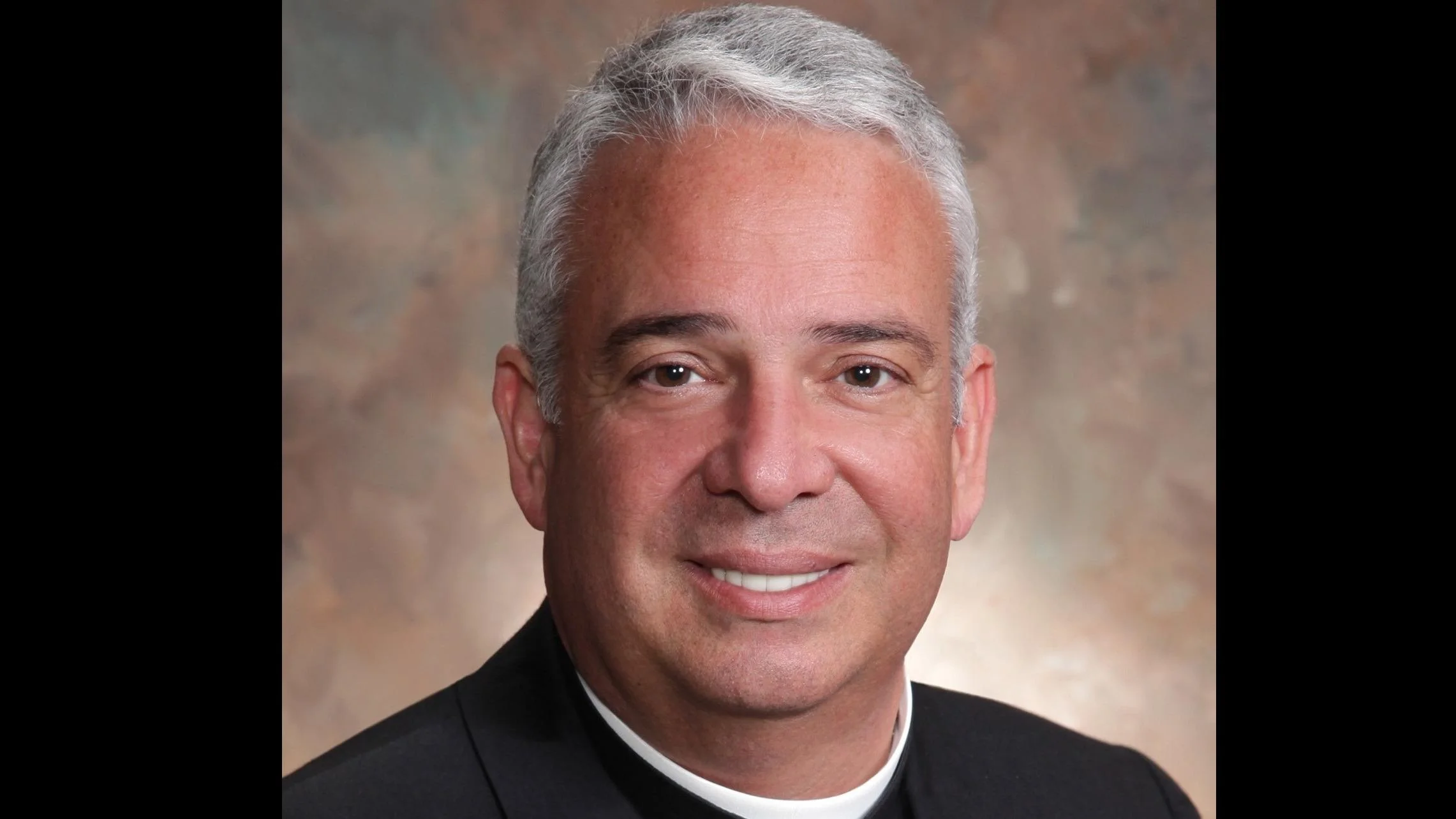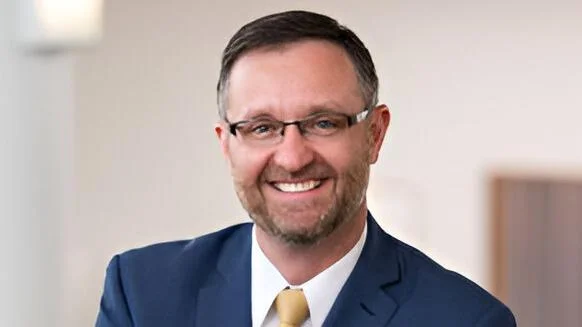
Rev. James D. Conley, D.D., S.T.L. | Diocese of Lincoln website
In response to a question about the possibility of receiving two plenary indulgences in one day during the Jubilee Year, it is important to first understand what an indulgence is. According to the Catechism of the Catholic Church (CCC, §1471), an indulgence is “a remission before God of the temporal punishment due to sins whose guilt has already been forgiven.” This means that while indulgences do not forgive sins, they can reduce or cancel out the purgative punishment for sins that have already been absolved.
There are two types of indulgences: plenary and partial. A plenary indulgence removes all temporal punishment due to sin, whereas a partial indulgence only removes part of it. The faithful can obtain these for themselves or apply them to those who have died.
The power behind an indulgence comes from Jesus Christ and his mercy through the cross. The Church dispenses this love through specific works that Christians must perform to gain these spiritual benefits. It is crucial not to treat indulgences as mechanical transactions but rather as encounters with God's salvific love.
To gain a plenary indulgence, several conditions must be met beyond performing attached works of prayer or piety. These include being free from mortal sin, intending to gain the indulgence, going to confession, receiving Holy Communion, and praying for the intentions of the Holy Father. While one sacramental confession suffices for multiple plenary indulgences, Holy Communion and prayers for the Pope's intentions are required separately for each plenary indulgence.
Typically, only one plenary indulgence per day can be received. However, during the 2025 Jubilee Year, Pope Francis has stated that “the faithful who have carried out an act of charity on behalf of the souls in Purgatory” may receive Holy Communion twice in one day and obtain two plenary indulgences applicable solely to deceased individuals. To qualify for this second plenary indulgence: a) perform an act of charity; b) do so on behalf of a soul in purgatory; c) receive communion twice on that day.
Canon law permits receiving Holy Communion twice daily (Code of Canon Law, can. 917). The first reception does not necessarily need to occur during Mass; however, attending Mass is required if receiving a second time.






 Alerts Sign-up
Alerts Sign-up